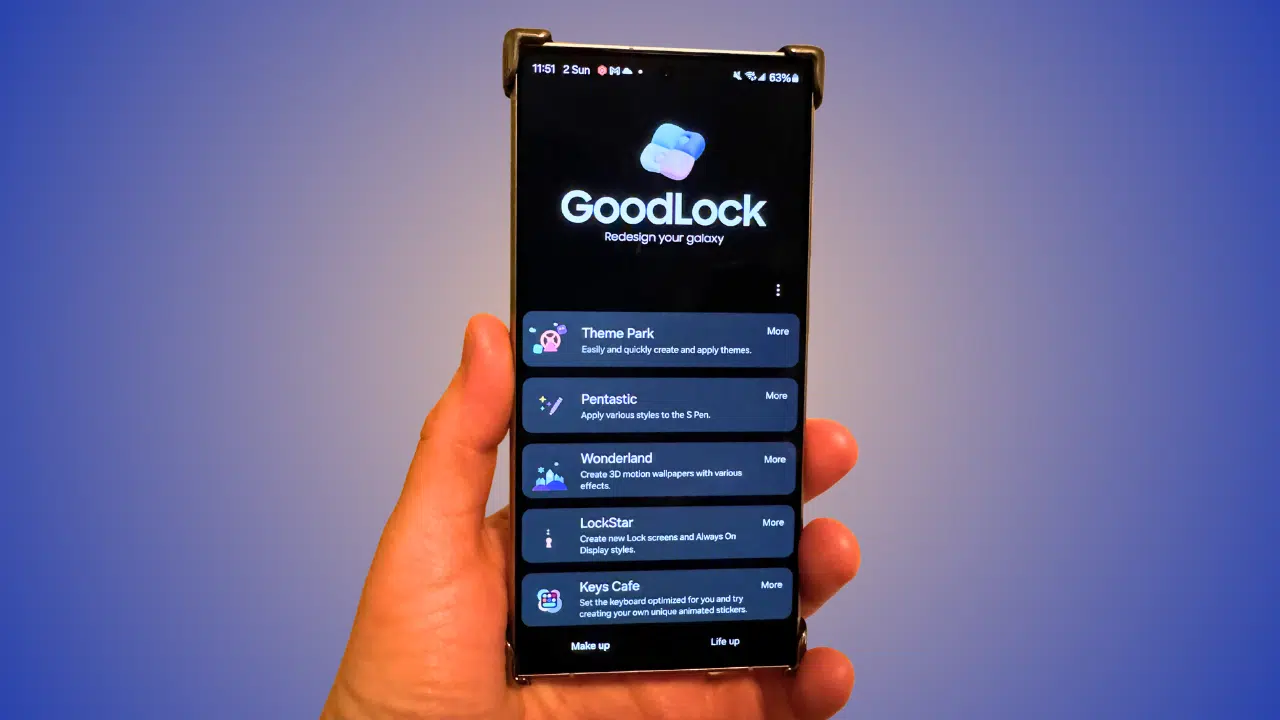Navigating the US job market can be particularly challenging for foreign workers. Beyond the usual competition, they must sift through countless job postings to find those offering visa sponsorship. Losing a job adds urgency, as they have only 60 days to secure another position or leave the country. The H-1B visa lottery further complicates matters, with a small percentage of applicants receiving visas each year. To address these challenges, Jobright.ai leverages AI to support foreign workers in their job search.
Jobright.ai, a California-based startup, was co-founded by Eric Cheng, an immigrant who understands the hurdles faced by foreign workers. Cheng’s firsthand experiences inspired the creation of Jobright’s “H1-B filter,” which utilizes USCIS data on companies known to offer H-1B visa sponsorships. This feature quickly became popular among job seekers from India and China, a group often overlooked in the job market. Today, 30% of Jobright’s users are foreign workers, contributing to its growth to 50,000 registered users since its April launch, all achieved without marketing efforts.
Cheng conceived the idea for Jobright during the COVID-19 pandemic while traveling in China. Observing young people in underdeveloped cities struggling to find jobs, Cheng realized that many were unaware of the job opportunities available to them. Inspired by the potential of AI, particularly ChatGPT, Cheng envisioned an AI-powered platform that could act as a personalized headhunter for job seekers.
Jobright’s AI agent uses large language models to evaluate candidates’ experiences and suggest jobs they might not have considered. It scores job positions based on compatibility with the candidates’ profiles and identifies potential LinkedIn contacts for job referrals. This AI-driven approach differentiates Jobright from other job search platforms by offering personalized job search strategies and opportunities tailored to mid- to senior-level professionals.
Despite competition from established AI-powered job search platforms, Jobright has found its niche. Unlike Simplify, which targets students and recent graduates, Jobright focuses on experienced professionals seeking tailored job search assistance. Cheng emphasizes that while platforms like LinkedIn offer job listings, Jobright’s AI-native design ensures a more precise and efficient job search experience.
Jobright has raised $4.5 million in funding from Lanchi Venture, UpHonest Ventures, and Source Code Capital. Looking ahead, the startup plans to expand its services to job seekers outside the US, further leveraging AI to bridge the gap between foreign workers and the job market.





